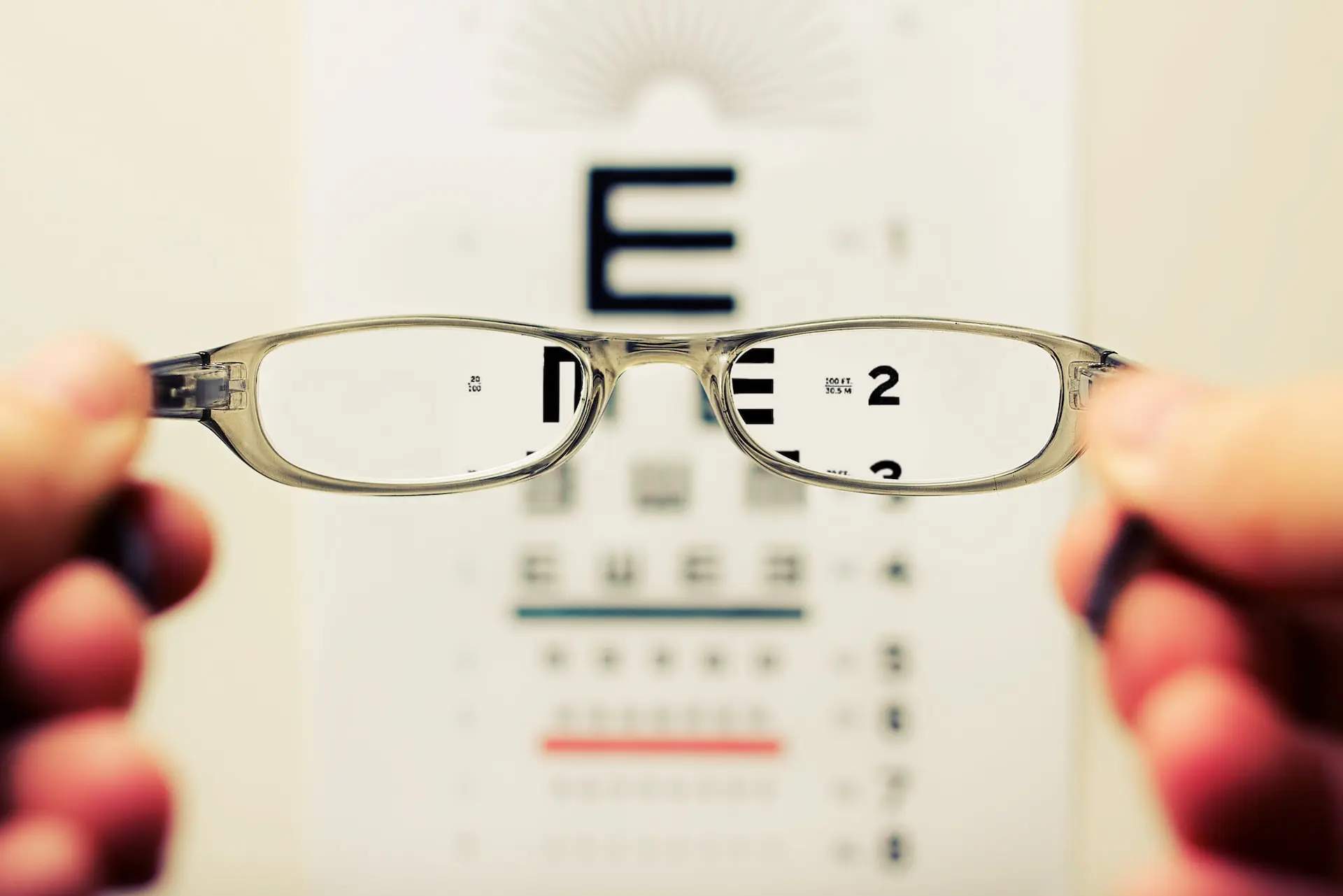We all know that women tend to live longer than men. But many don’t know that women also have a higher risk of suffering from poor eyesight. So, why is this?
Read on as a Fort Worth, TX optometrist talks about poor eyesight in women and reasons why this segment of the population faces a higher risk.
The Eyes and the Aging Process
You may not think about it, but your eyes are affected by aging in the same way that other organs are. As we age, our bodies change in ways that make us more vulnerable to different diseases, including vision problems.
The aging process changes the structure and function of our eyes over time. This can lead to conditions such as cataracts (a clouding of the lens), macular degeneration (damage to cells at the back of your retina), glaucoma (increased pressure within the eye), and diabetic retinopathy (damage caused by diabetes).
Genetics play a role in determining who will have these diseases but environmental factors also play an important role; for example smoking and high blood pressure increase your risk for developing cataracts or glaucoma, respectively.
What Factors Place Women at Greater Risk of Poor Eyesight?
There are several factors that place women at greater risk of poor eyesight.
First and foremost, women tend to have higher levels of estrogen than men and this hormone is known to increase the risk of developing cataracts and macular degeneration. As a result, women need to be extra vigilant about protecting their eyes from ultraviolet rays when they are outside in sunny weather.
Other factors that place women at greater risk of poor eyesight include:
- Smoking, which increases the risk of developing cataracts and macular degeneration
- Obesity, which can lead to diabetes, an eye disease that damages the optic nerve and can lead to vision loss if left untreated.
- Women are also at greater risk of developing diabetes, which can lead to eye problems including diabetic retinopathy and glaucoma.
Ways to Protect Your Eyesight
Women can protect their eyesight by following these tips:
- Get regular eye exams, especially if you have a family history of vision problems
- Wear UV-blocking sunglasses that meet ASTM standards
- If you wear contact lenses, get your eyes checked every year
- Get your eyes checked by an optometrist if you experience any of the following symptoms: blurry vision, eye pain or discomfort, sudden loss of vision in one eye or double vision
And if you have more questions or wish to schedule an eye wellness exam, please don’t hesitate to call us, your local Fort Worth, TX optometrist, anytime!



